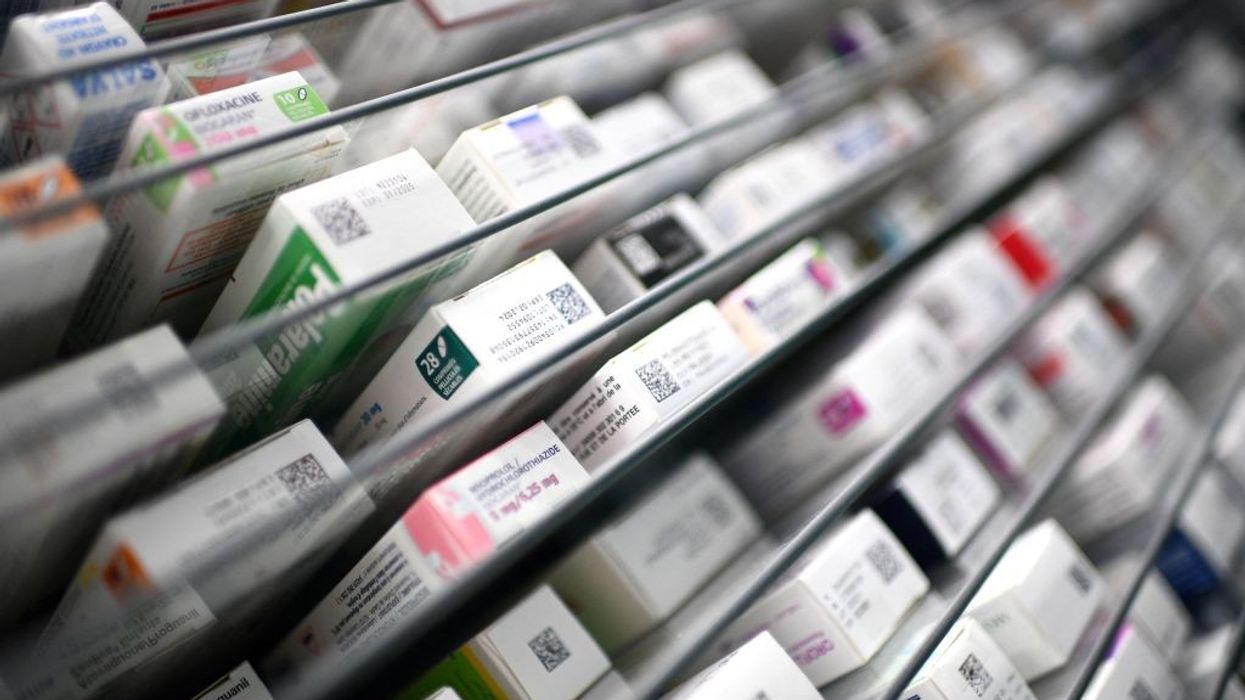The Royal Pharmaceutical Society (RPS) has expressed its concern over the government’s new proposals on the reform of regulators that oversee professionals working in health and social care.
While rejecting some of the proposals, the RPS said that it supports many of the proposals which will “provide greater transparency and ensure public safety. Many proposals align with the Cumberledge recommendations which we fully endorse.”
The pharmacy body is worried by new proposals which would label pharmacists with physical or mental health problems as incompetent, and the possible knock-on effect that pharmacists won’t receive the early intervention they need to support them.
“We are also concerned that the label would stigmatise those with genuine health problems,” the RPS said.
“Other proposals to further concentrate powers in the hands of regulators are alarming. Under these proposals, the final say about whether an outcome should be changed because it is unsafe would sit with the regulator, rather than with the courts as it does now,” it noted.
This new model would make the regulator not only investigator, prosecutor, and judge, but also appeal court. This concentration of powers could mean that mistakes are not spotted or challenged.
Expressing its concern over the proposals, the RPS said, “The Professional Standards Authority must continue to provide an alternative appeals system to ensure the system has enough checks and balances to ensure registrants are treated fairly.
“We support the proposals for increased consistency across regulators in relation to education and training. We believe that regulation and annotation of the register should be proportionate with a focus on ensuring public safety.”
“We believe that post registration education regulation should focus on outcomes, so that registrants have choice and flexibility in how they meet the standards.”
This standards include being able to pick and choose short courses or modules to suit, or mix academic programmes with private provision or collate a portfolio of vocational experience. A move towards the accreditation and approval of formal courses may limit this, the RPS said.











